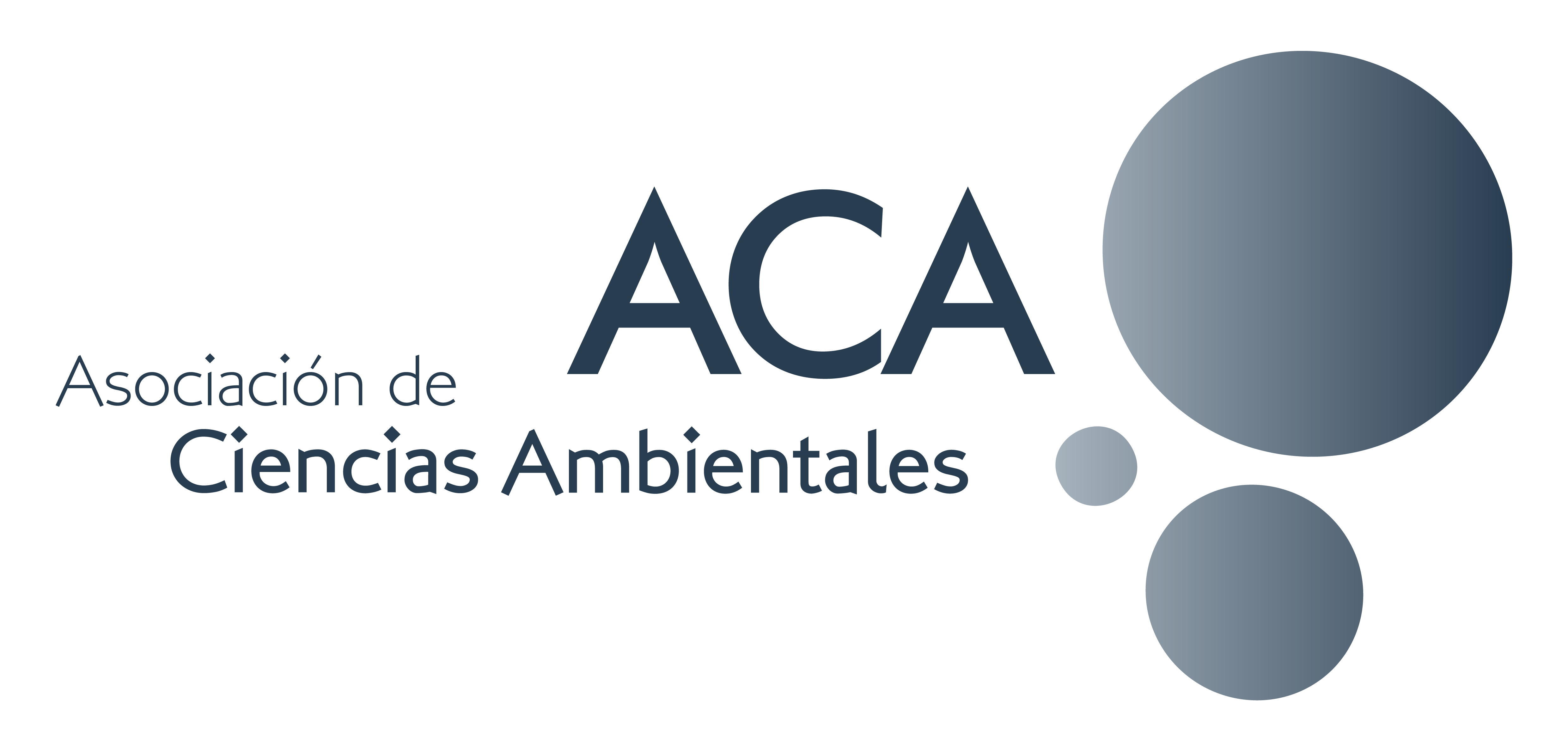Date and time: 5th December. 12.00 to 13.00
The activity, intended for the general public, will consist of a participatory and interactive presentation aimed to answer the following question: How can we transform Food Systems to meet the growing demand for food while reducing its impact on the planet?

The food system, being crucial for humanity, is also one of the main engines of destabilization of the processes that maintain the health of the planet, including the exchange of greenhouse gases (GHG) between terrestrial ecosystems and the atmosphere. The whole Food System is responsible for 21-37% of GHG emissions derived from human activity. Only the Agriculture, Forestry and other Land Use sector (AFOLU) accounts for the anthropogenic 13% of carbon dioxide (CO2), 44% of methane (CH4) and 82% of nitrous oxide (N2O), that is, the equivalent of 12 Gigatons of CO2 per year (GtCO2eq year-1). On the other hand, AFOLU is the only sector capable of removing GHG from the atmosphere among its mitigation options. This carbon sequestration is estimated at around 29% (11.2 GtCO2eq year-1) of total anthropogenic emissions.
In the coming decade, to stay on the path that limits global warming to 2 °C in 2100, the agricultural sector will need to reduce its GHG emissions by 1 GtCO2eq year-1. In addition, the sector will need to meet the food demand of approximately one billion more people in 2030, reaching a population of around 9 billion people in 2050. If the current trend continues, including changes in traditional diets, food loss and waste rates, a 30% increase in world food production by 2030 and 60% by 2050 will be needed. Can food demand be met while reducing emissions, deforestation and agricultural expansion?

We are facing the challenge that is the backbone of the Sustainable Development Goals (SDGs), with solutions both in demand and in food production.
The session will include projects and initiatives that are promoting the transformation of the Food System, grouped into the following main themes:
- Climate-Smart technologies for adaptation and mitigation in agriculture
- Fourth Industrial Revolution: Digital Agriculture
- Financing and expansion of sustainable activities
- Transformation of value chains and responsible consumption
- Empowering farmers and consumers, women and youth
Daniel Ortiz Gonzalo, Postdoctoral Researcher and Teacher at the University of Copenhagen, will lead the presentation. His fields of research and teaching are focused on the interactions between Food Systems and the Environment, with experience in projects in Latin America, sub-Saharan Africa and Southeast Asia.
The activity can be followed through the channels of the Association of Environmental Sciences (@ACAmbientales)
Event language: Spanish and English
How to attend: It`s necessary to register to access the Green Zone. It can be accredited for free on this website.
